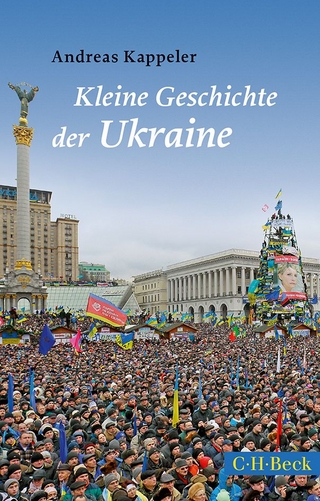
Branching Out
University of Massachusetts Press (Verlag)
978-1-62534-833-3 (ISBN)
- Noch nicht erschienen (ca. Februar 2025)
- Versandkostenfrei
- Auch auf Rechnung
- Artikel merken
Trees are not just natural resources; they are also cultural ones that present unique challenges and opportunities for public historians. Trees can serve as important objects of memory, recalling past triumphs or tragedies. They can be the last living witness to important events or community stories. Trees can also be objects of preservation, sometimes as individuals, other times as stands or even forests, all of which can take on historical significance for people, sites, and institutions. But as living entities they defy the kind of permanent legal preservation applicable to buildings and other non-living historical objects. Furthermore, their organic fragility can actually make them significant problems for historical sites and local preservation activities. For example, communities have had to cope with extensive tree loss from storm and fire damage, and dying trees can drop limbs or topple over, creating considerable danger to people and resources. Climate-change-driven increasing storm intensity has also highlighted the ways that trees—however historical or beloved—can become considerable threats.
The fourteen new, previously unpublished essays in this volume explore the many ways that trees are an integral part of public history practice and sites. The authors draw on a range of approaches and historiographies to look at how memories of race-based hate, patriotic stories, community identities, and changed places all have centered on trees. In addition to contributions from the volume editors, this collection features scholarship by Sonja DÜmpelmann Andrew Hurley, Carolyn M. Barske Crawford, Brian Dempsey, Liz Sargent, Sasha Coles, Mariaelena DiBenigno, Evan Haefeli, Krista McCracken, Alena Pirok, Christian Kosmas Mayer Alaina Scapicchio, and David Glassberg.
Leah Glaser is professor of history at Central Connecticut State University. Her books include Interpreting Energy at Museums and Historic Sites and Electrifying the Rural American West: Stories of Power, People, and Place, and her work has appeared in numerous journals, including The Public Historian and Western Historical Quarterly. Philip Levy is professor of history at University of South Florida and an OAH Distinguished Lecturer. His books include Yard Birds: The Lives and Times of America’s Urban Chickens and The Permanent Resident: Explorations and Excavations of the Life of George Washington, which won the 2024 James Deetz Book Award. His work has appeared in numerous journals, including William and Mary Quarterly, The Virginia Magazine of History and Biography, Northeastern Historical Archaeology, and The Florida Historical Quarterly.
| Erscheint lt. Verlag | 4.2.2025 |
|---|---|
| Reihe/Serie | Public History in Historical Perspective |
| Zusatzinfo | 12 illus. |
| Verlagsort | Massachusetts |
| Sprache | englisch |
| Maße | 152 x 229 mm |
| Gewicht | 454 g |
| Themenwelt | Sachbuch/Ratgeber ► Geschichte / Politik ► Regional- / Landesgeschichte |
| Sachbuch/Ratgeber ► Natur / Technik ► Natur / Ökologie | |
| Geisteswissenschaften ► Geschichte ► Regional- / Ländergeschichte | |
| Naturwissenschaften ► Biologie ► Ökologie / Naturschutz | |
| ISBN-10 | 1-62534-833-9 / 1625348339 |
| ISBN-13 | 978-1-62534-833-3 / 9781625348333 |
| Zustand | Neuware |
| Haben Sie eine Frage zum Produkt? |
aus dem Bereich


